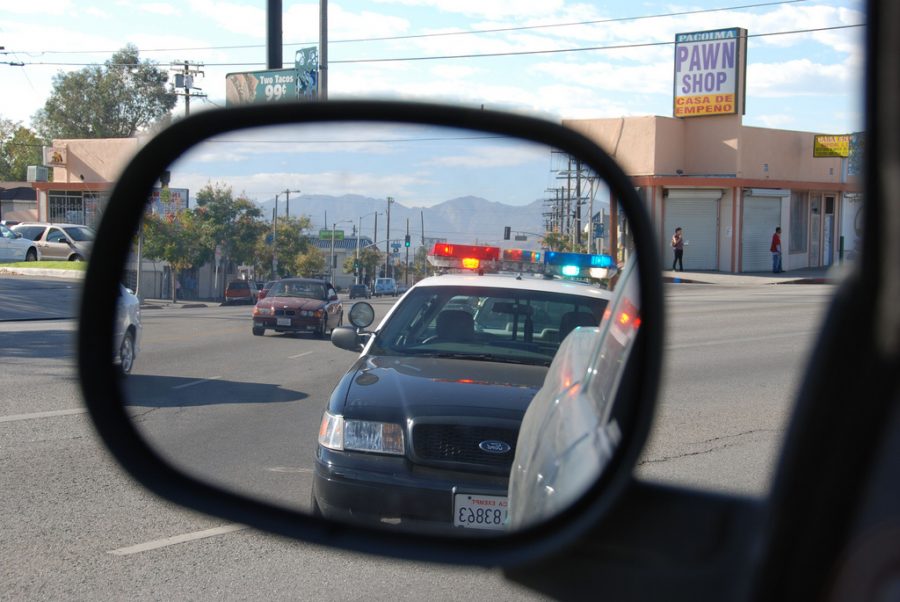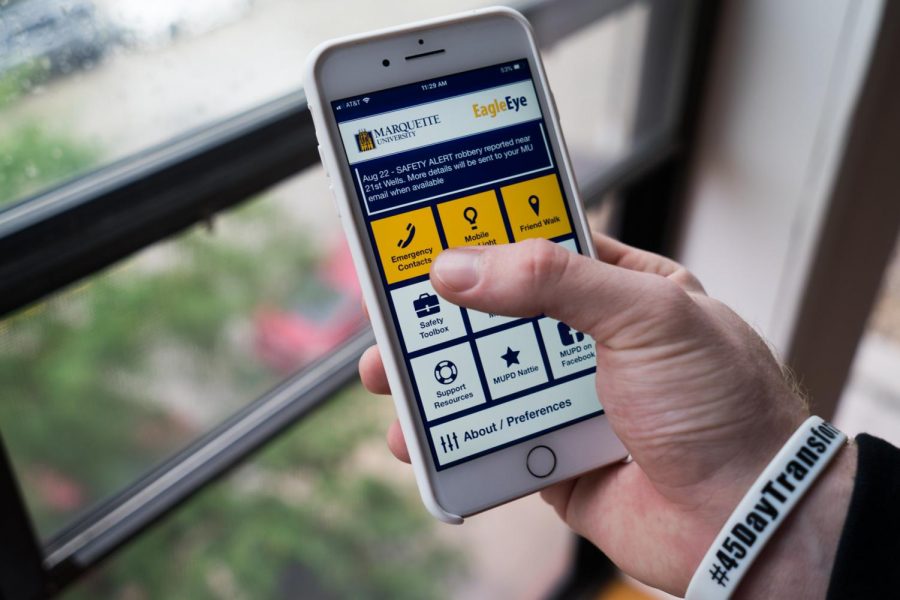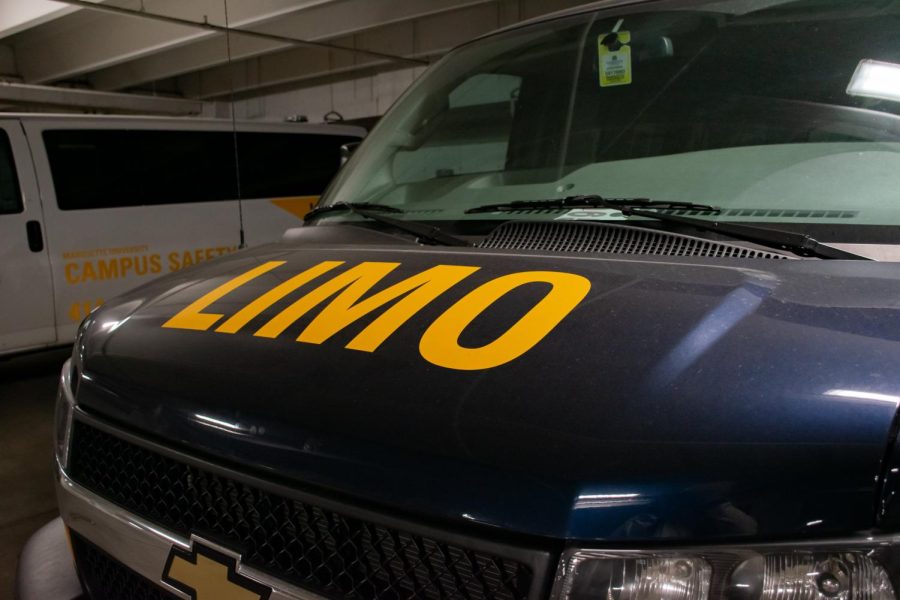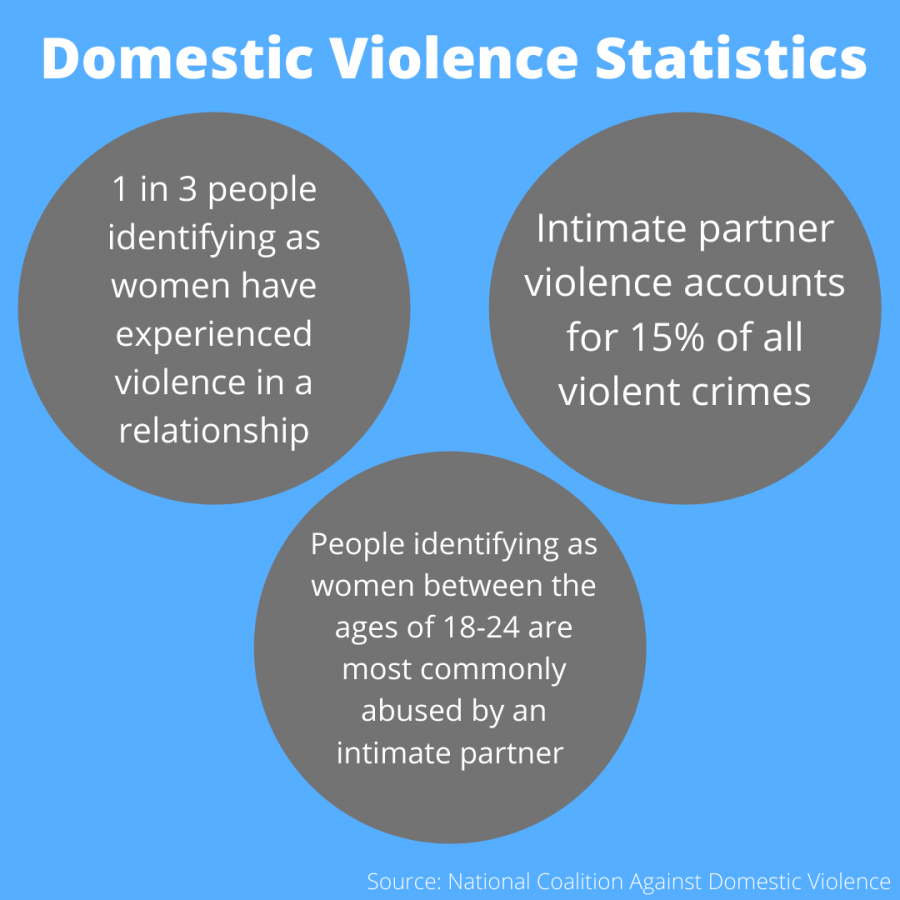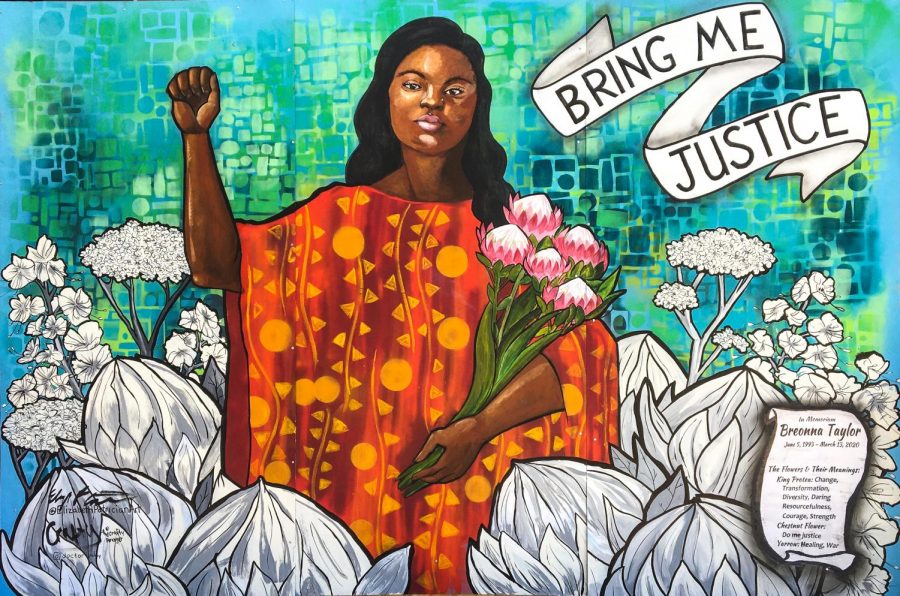I knew I had been caught barely 40 minutes out of Milwaukee. My friend Steve and I had just crossed over the Illinois border at a steady 80 mph on our road trip to Syracuse when the blue and red lights started flashing in my rearview mirror.
The Illinois patrolman who stopped us was young and seemed inexperienced. He asked us some questions you would expect to hear when you get pulled over after midnight on a Wednesday: “Have you guys been drinking?,” “Where are you two heading?,” “Is this your first time being pulled over?”
He explained why he pulled me over and that he wasn’t giving me a ticket. He talked about decreased visibility at night, higher accident fatality rates occurring at higher speeds and the significant impact of fatigue on reaction time. This encounter forced me to evaluate the consequences of speeding and the minor convenience it offered.
On our way back from Syracuse we were pulled over again, this time when the speed limit dropped to 60 mph right outside of Cleveland. The Ohio patrolman who stopped us followed us closely for a couple miles before finally flicking on his lights and pulling us over. After what felt like a small eternity, he got out of his car and walked over to the passenger side. He asked if we knew why he had pulled us over, took my driver’s license and walked back to his patrol vehicle.
When he came back after another small eternity, pink ticket in hand, he asked for the last four digits of my social, my height, hair and eye color in an annoyed, bureaucratic tone usually reserved for DMV employees. He handed me the ticket and told me to sign it.
“What’s the signature for?” I asked, “Am I legally obligated to sign this?”
“Well, if you don’t I’m going to take you to jail,” he replied with an attitude that suggested nothing would’ve made his night better. When pushed for more information, he explained that the signature was a promise to appear in court and I promptly signed.
Don’t get me wrong, I totally deserved to get a fine and maybe even a point or two on my license. Not only did I drive over the speed limit but did so after I had been pulled over just a few days before. For that, no column about a police officer’s attitude can paint a picture in which I’m not in the wrong.
For a lot of people, however, traffic stops are their first confrontational encounter with members of law enforcement. Police interactions with the public shape opinions not only of the officer involved, but of law enforcement in general. When an officer seems bored, unprofessional and rude it reinforces the trope of the lazy cop. When an officer is helpful, professional or even generally courteous it rejects this stereotype and goes a long way to increasing public faith in the police.
The officer in Illinois left me feeling if not remorseful, at least understanding that what I was doing was dangerous and irresponsible. In Ohio, however, I was bitter about the way I was treated. My experience wasn’t even that bad, but the stark difference between the two patrolmen really highlighted that it only takes one bad apple to skew a person’s perception of law enforcement.

